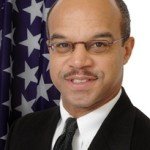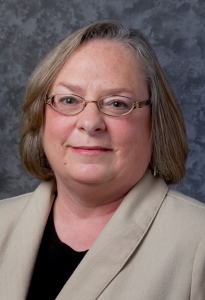Views
Opinion column
by Murrel Bland
It all started in 1905 when Dr. Simeon Bell donated land and $50,000 to establish a hospital that was to become an academic medical center in the Rosedale community.
Today, according to its website, The University of Kansas Health System has become a “destination academic medical center sought by patients and top-notch medical professionals from around the country. “
Kenny Wilk, a consultant for the Health System, told of the history of the institution to members of the Congressional Forum Friday, Feb. 17, at the Reardon Convention Center. He also told how the independent Health System came about nearly 20 years ago when he was a state legislator representing Leavenworth County.
Wilk said that the hospital was losing money. That led to the Kansas Legislature establishing a separate KU Hospital Authority that is now called The University of Kansas Health System. Although the Health System is independent, it continues to cooperate with the academic entities including the School of Medicine, the School of Nursing and the School of Health Professionals.
Wilk said that the hospital has 800 beds and during 2016 had 55,000 admissions. That compares to 13,000 admissions 1998. Wilk said it has a world-class reputation that attracts patients from across the country. The hospital has more than 10,000 employees.
The Health System continues to expand to meet patient demand, Wilk said. The new 13-story Cambridge North building will open soon. It cost $370 million.
Wilk also told of a new branch of the KU Medical School at Salina. He said that this was established because studies show that students tend to stay close to where they study medicine. Western Kansas communities have had challenges attracting medical doctors and nurses. There is also a KU Medical School in Wichita.
Murrel Bland is the former editor of The Wyandotte West and The Piper Press. He is the executive director of Business West.


